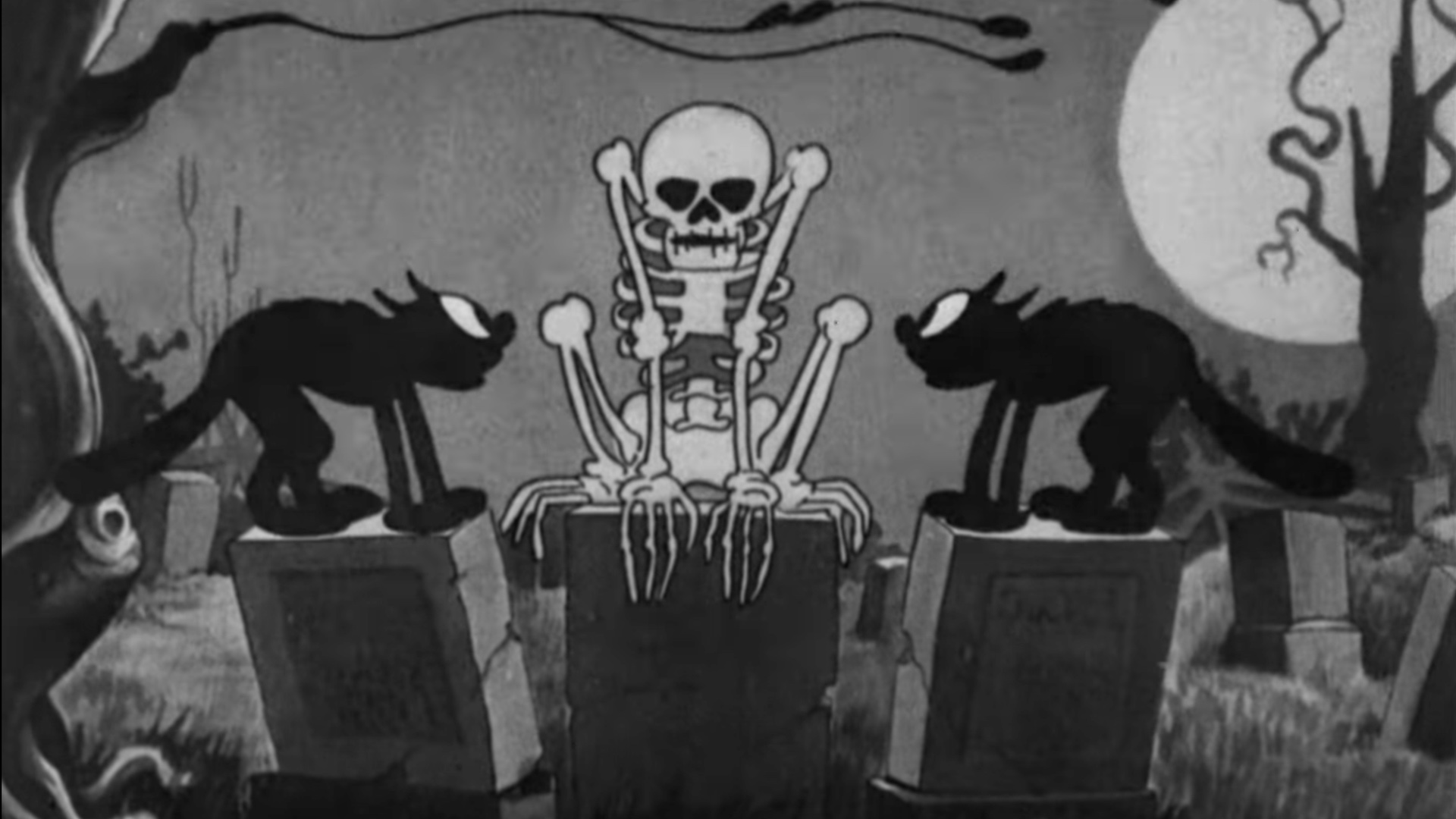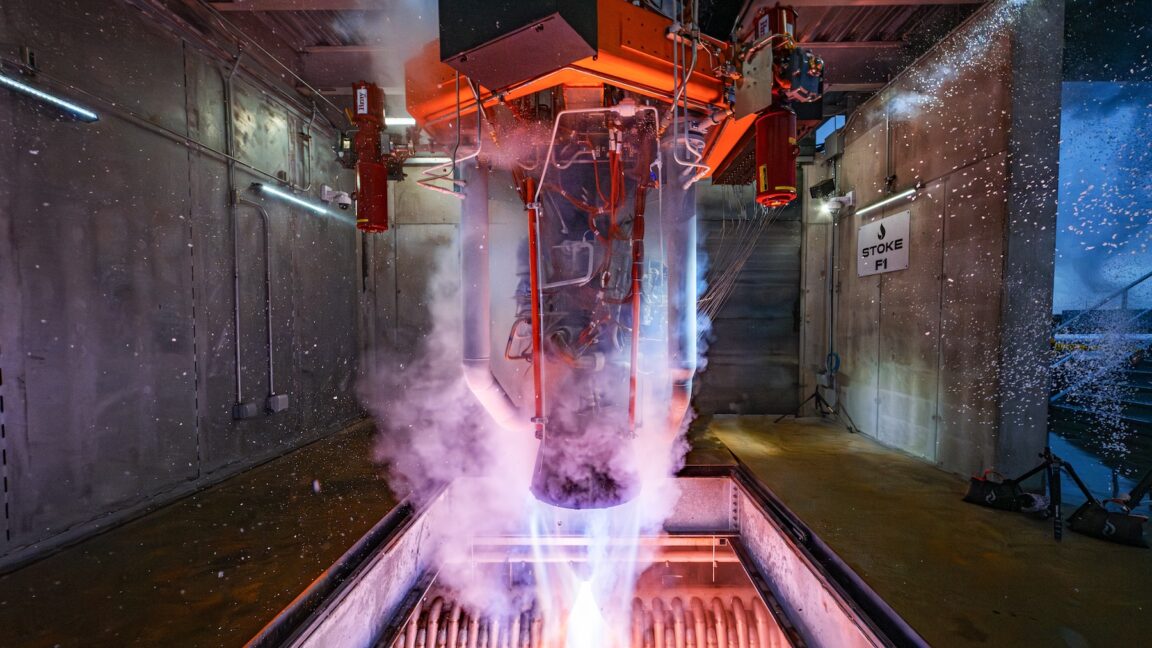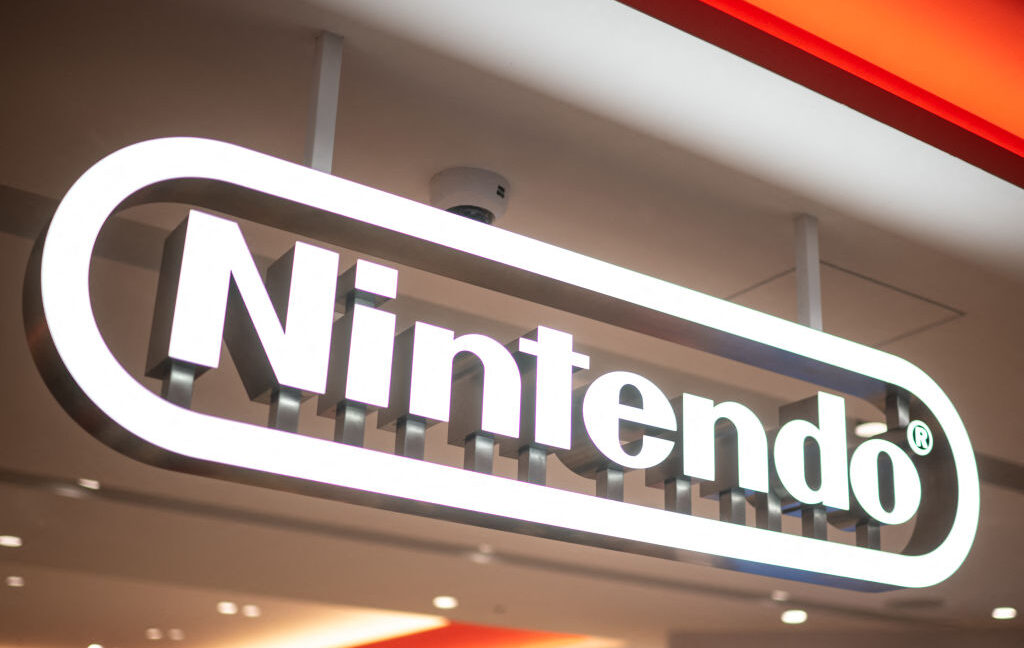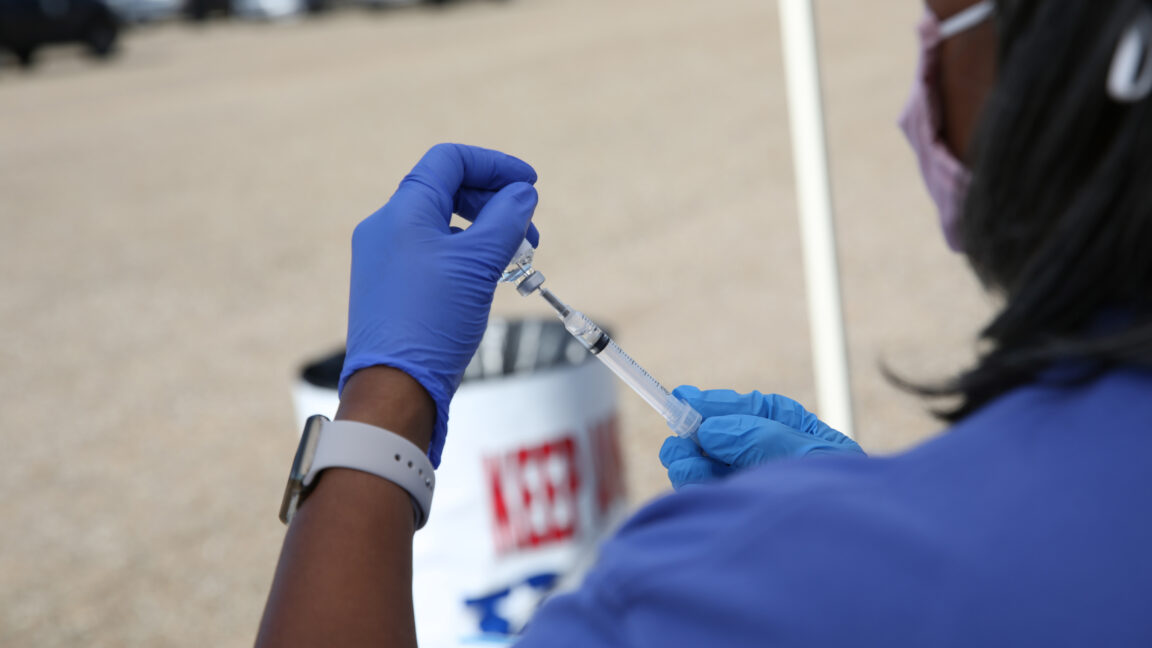Asteroid 2024 YR4 is going to miss Earth, but the story doesn’t end there
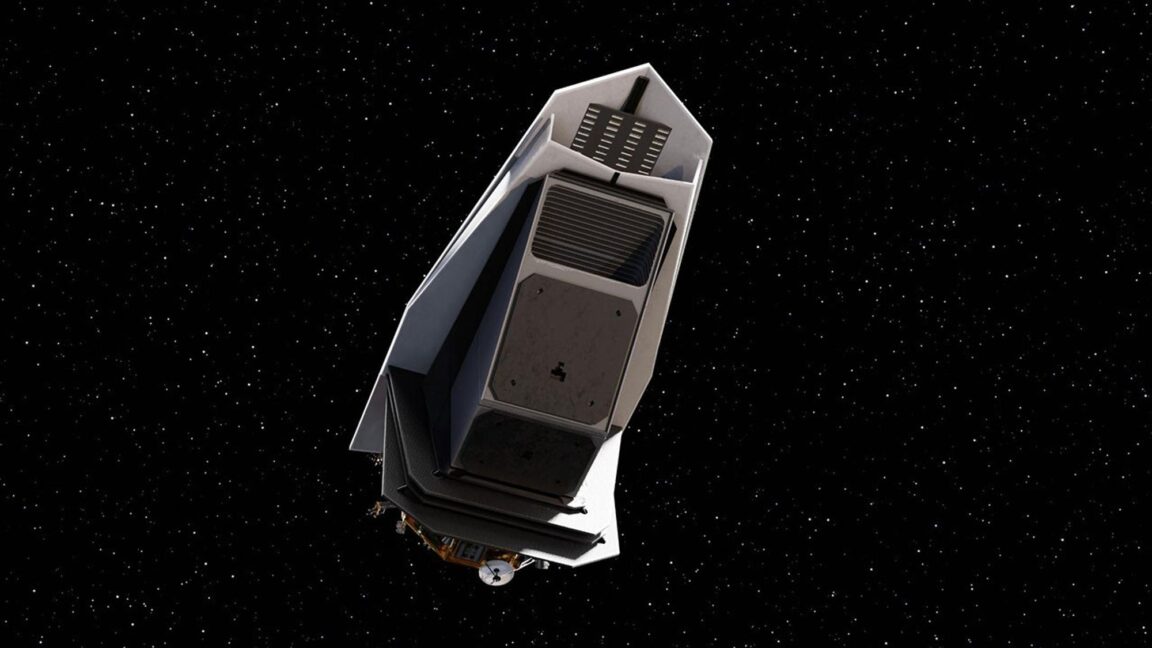
It was only a few days ago that a certain fear-mongering website named, ahem, Ars Technica published an article about the prospect of a killer asteroid striking the planet Earth in the year 2032. At the time, the odds of a small asteroid first discovered late last year—and designated 2024 YR4—hitting us were non-negligible. There was an estimated 3.2 percent chance that the large rock would impact the planet eight years from now. In the days since then, the odds have fallen dramatically. Based on the latest estimate from NASA, there is now just a 0.0039 percent chance. Put another way, the odds of impact are 1 in 26,000. Now, you might be inclined to call the author of that news article a planetary hero, as the odds of an impact have dropped precipitously since the publication of this dire warning. The correlation is clear and convincing. We're more modest than that here at Ars, although we wouldn't turn away some new subscribers. In reality, even as the near-Earth asteroid 2024 YR4 was moving away, ground-based telescopes were able to gather enough observations to get a better handle on its orbit. So we can safely take a deep breath and return to the more pressing existential problems posed by threats on this planet rather than off-world. However, there is something that we should all take away from this experience.


